The internet is a great resource to support home learning, but not all websites meet educational requirements or are child-friendly — some even have inappropriate ads! Teaching your children at home is stressful enough without having to frantically close pop-ups at the same time. Unfortunately, websites that are safe and entertaining often require you to pay expensive subscription fees. The good news is that there are useful free resources available to help your kids learn from home.
That’s why I rounded up a list of the 20 best free websites that provide engaging and fun learning experiences for you and your children. I made sure each website caters to a wide range of ages with games and interactive lessons that won’t bore even the most fidgety kids. The best part is that you can use them all at no cost!
Top 20 Online Resources to Help Kids Learn From Home in 2021
1. CoolMath4Kids — Practice Algebra With Fun Math Games and Tricky Puzzles
This self-proclaimed “amusement park of math” offers hundreds of games that teach children basic math skills. Whether your kids love or hate math, they’re bound to enjoy discovering how to add, subtract, multiply, divide, and create fractions with help from aliens and animals. Apart from fun games, CoolMath4Kids offers “Brain Teasers” — puzzles you need to work out through a combination of math and problem-solving skills. I often found myself scratching my head at some of them, so you’ll have as much fun as your children trying to come up with a correct solution!
CoolMaths4Kids is geared mainly towards pupils aged 3-12. For more advanced kids aged 13+, you can access the platform’s sister website called CoolMath that covers different aspects of algebra. The older students will be able to practice their skills not only through games, but also more challenging quizzes and riddles.
2. Duolingo — Perfect for Improving Language Skills in Only 5 Minutes a Day
Learning languages doesn’t have to involve big textbooks and hours of repeated activities. Instead, your kids can use a phone or a tablet and spend as little as 5 minutes a day polishing their language skills. Duolingo is a bright and easy-to-use app and website that encourages children to discover foreign languages through writing, speaking, and listening activities. With hundreds of languages to choose from (including French, Spanish, Mandarin, and more), the green Duolingo owl will reward your kids every time they complete a lesson. This creates a positive reinforcement that motivates young (and older!) users to come back for more every single day.
The platform also encourages a healthy competition between your kids, their friends, and even you! You can all race to see who can get the most points, the longest learning streak, the least number of mistakes, or reach a level milestone first. It’s a fun activity that engages the whole family and keeps your children excited about learning languages.
3. PBS Kids — Encourage Learning With Popular Cartoon Characters
PBS Kids incorporates the characters from their educational TV shows and uses them in themed learning sections. Choose between Sesame Street Muppets, Curious George, Martha Speaks, and more to teach your children how to spell, count, or understand basic science. Every TV show character comes with a set of simple games, stories, videos, and even sing-along rhymes that encourage active participation and quick learning. As a bonus, PBS Kids also offers various tips for parents on how to incorporate online learning at home and motivate children to stay focused.
4. GoNoodle — Fun Dance Routines That Incorporate Learning Through Movement
Home learning makes physical education a lot more challenging as it means children spend an average of 6 hours per day sitting in front of a computer or a phone. That’s why GoNoodle started their Good Energy Movement that encourages children all over the world to tunnel their energy into positive and mindful exercise. With over 14 million regular viewers, GoNoodle creates exercise videos that incorporate movement in dance routines, challenges, and even science lessons. On top of that, the platform regularly publishes themed blog posts with details on how to turn daily activities, like tidying up, cooking, and eating snacks into physical play.
5. National Geographic Kids — Investigate World Wonders From the Leading Geography Site
National Geographic makes learning geography fun with an abundance of resources to keep your children engaged and interested in everything the world has to offer. From discovering unusual animal species and how to read a map to learning about world history — you’ll find everything you need to equip your child with appropriate knowledge. Every lesson is accompanied by beautiful photographs and fun videos that kept me fully invested in each topic. Additionally, your kids will be able to play various games to facilitate their learning. I particularly liked the personality quizzes I filled in to discover which shark or dinosaur matches me best and games that let me crack secret messages and solve world mysteries.
6. TIME for Kids — Current Events (and More) Explained in Child-Friendly Language
Developed by the TIME magazine, TIME for Kids explores politics, culture, the environment, health, and sports through articles written in very simple language. It works in the same way as other online newspapers and magazines, but TIME publishers make sure each topic has age-appropriate photos and videos. This incorporates visuals to help kids assimilate new information easily. Though not as interactive as other platforms on the list, your kids will still benefit from simple explanations of complex subjects like global warming and poverty.
7. Cosmic Kids — Calm Young Minds With Themed Yoga Classes
Kids get a ton of stimulation on a daily basis which sometimes makes it difficult for them to slow down and just breathe. That’s why Cosmic Kids created a platform and a free YouTube channel that offers a variety of yoga and mindfulness classes. This turns sedentary screen time into active movement that encourages children to get up and wiggle. Every class on Cosmic Kids uses kids’ favorite stories (like Frozen, Harry Potter, and Cinderella) and features storytelling through yoga poses. It keeps children (and adults) highly entertained and engaged throughout the whole video while also getting a much-needed daily workout.
Aside from providing great workout breaks, Cosmic Kids facilitates the development of emotional intelligence. I found specific “zen den” classes that encouraged me to recognize my feelings or learn different breathing techniques to keep calm. The mindfulness lessons also cover topics like dealing with nightmares or living in the present moment to avoid stress and anxiety.
8. Funbrain — Fully Interactive Lessons to Keep Kids Occupied and Interested
Funbrain is a great educational resource that masks learning through hundreds of games, books, videos, and comics. These are so interesting and engaging that children don’t even realize they’re actually developing new skills in literacy, math, or problem-solving! I could feed a human body and see what happens inside of it during meal times and learn how to prevent an electrical fire. Funbrain has so much more to offer so explore it yourself! Unlike many other similar websites, Funbrain offers all of its resources completely for free — including popular books such as A Diary of a Wimpy Kid and Daisy Nuzzlehead. The platform is designed for kids of all ages and even features special “Playground” classes for the younger viewers who aren’t as advanced as their older siblings.
9. Scholastic Kids — Practice Reading and Comprehension With Popular Book Characters
Set up by the publishers of educational books, Scholastic Kids encourages children to read and learn with their favorite fictional characters. Your kids will explore the world of fiction through an interactive 3D game, Home Base. There, they’ll follow and interact with each character that will motivate them to read other stories in certain series or teach them about geography, astronomy, spelling, and more. I could even write my own stories and comics which is an amazing feature if your children are interested in expressing themselves through creative activities.
Though such freedom made me question its safety, Scholastic Kids ensures Home Base safeguards children through a strict word filter and constant human moderation. The platform also advocates for positive digital behavior and internet engagement to teach children the foundations of online safety.
10. Wonderopolis — Find Answers for Curious Minds That Always Ask Questions
Created by the National Center for Families Learning, Wonderopolis fuels natural curiosity and imagination by providing answers to questions frequently asked by children. Every answer is broken down into understandable explanations through videos, images, and text that highlights and defines more difficult terms. At the end of each lesson, you can also find additional resources to explore the topic in more depth. Once you finish “wondering” you can test your child by exploring all “Wonder Words” and taking the “Wonder World Challenge” to make sure your kids really took the information in.
If your children have any burning questions themselves, you can submit a query and wait for experts to answer it. The fresh approach makes learning through the platform more child-led as it allows kids to explore their areas of interest.
11. Science Bob — Science Made Fun Through Easy-to-Follow Experiments
Science Bob became popular after becoming a regular feature on various US talk shows, like Jimmy Kimmel Live or Live Kelly and Ryan. However, the knowledgeable scientist also has his own YouTube channel and online website where he shares tutorials for at-home experiments. Every project comes with appropriate explanations written in a simple language that won’t overwhelm the young scientists. This hands-on approach is perfect for kids of all ages as it shows them how science works in practice. Science Bob also provides ideas and methods to carry out science fair projects which I found is an extremely unique feature that facilitates problem-solving and scientific thinking.
12. TED-Ed — Entertaining Videos That Stimulate Learning in Bite-Size Lessons
Aside from hours of lectures for adults, TED features a TED-Ed section that’s perfect for younger viewers. Suitable for children as young as 4, TED-Ed supports home learning through video-based lessons that explain even the most difficult topics like systemic racism and war. Each video features an engaging speaker or an interesting animation while providing in-depth explanations you and your children will surely enjoy. It’s also a fantastic way to introduce your children to a diverse range of perspectives and topics that they wouldn’t always come across at school. There are new lessons added to the library every single day so you’ll never run out of interesting topics either — and you’ll find yourself craving for more!
13. Fuse School — Entertain Little Scientists With Lessons Created by Teachers
With hundreds of educational videos, Fuse School teaches children about math, biology, chemistry, and physics. Every video is between 3-5 minutes long and features simple animations that help you understand tricky scientific concepts like GMO foods, organ transplants, and more. Despite touching on seemingly difficult subjects that even many adults don’t always understand, I didn’t find any lesson overwhelming, boring, or tiring.
Fuse School even offers its own social network that’s safe for the young users where children can interact with each other and talk about what interests them the most.
14. Make Me Genius — Advanced Topics for Those Who Want to Enhance Their Learning
Some children need resources that provide a bit more of a challenge through advanced topics and materials. Make Me Genius recognized that demand and created a space for those students who struggle to satisfy their hunger for education. Through animated videos, PowerPoint presentations, and more, the platform covers topics from Environmental Science and Nutrition to Great Personalities and even Parenting. Your children will also have a chance to test themselves through multiple quizzes you won’t find on any other website. It’s a true heaven for young geniuses all over the world!
15. NASA Kids — Explore the Wonders of Space From Your Own Home
NASA Kids makes it easy to learn about space without the need to look through the telescope. With the help of Nebula (a friendly animated astronaut), your children will explore the ins and outs of what it’s like to be an astronaut and work for the world’s largest space organization. The platform also shares various details and reports on their past missions and each one is accompanied by mind-blowing real-life space images and videos. Difficult topics and concepts are also explained through interactive games and puzzles that entertain while educating.
16. Exploratorium — Turn Your House Into a Laboratory With Hands-On Science Experiments
The Exploratorium is a popular public laboratory that now offers its learning resources through an online platform. Your kids will be able to explore the science behind computing, physical balance, tech gadgets, as well as discover what lies below sea level and how to launch a rocket into space. The website isn’t limited just to scientific topics — the Exploratorium holds lessons about the intricacies of arts and history too! Every lesson is filled with engaging videos and descriptions of actual experiments you can tinker with at home. You’ll even be able to carry out experiments without needing specific equipment as the “Science Snacks” section provides low-cost simple activities for everyone. Additionally, your children can enjoy a Storytime event when they’ll read a child-friendly story followed by simple science activity at the end.
17. Storynory — A Large Selection of Audio Stories to Improve Your Kids’ Reading
Storynory helps children develop their reading skills by providing a wide range of original and classic stories in a form of audiobooks. Your kids will follow each story as it’s read out loud using not just the audio clues, but also a written text that’s underneath the audio clip. I was also impressed that the voiceover includes a short synopsis of characters from previous chapters so I understood the plot even though I didn’t follow the book from the beginning. Additionally, the narrator takes time to explain difficult “catch phrases” before each chapter to ensure everyone has a full understanding of all terms they might have never seen before. Storynory also lets you translate each text into multiple languages which is super helpful if English isn’t your children’s first language.
18. Highlights Kids — Unleash Creativity Through Home Crafts and Games for Kids of All Ages
While Highlights isn’t usually thought of as an educational platform, I found that it still teaches children various skills linked with creativity like problem-solving or experimenting. Based on the popular kids’ magazine, Highlights Kids offers articles and lessons on the same topics as its printed version like coloring pages, jokes, baking, and DIY. However, I also used the e-magazine to learn about scientific topics and listen to podcasts which you won’t find in the regular newspaper.
19. Help My Kid Learn — Easy-to-Navigate Site With Simple but Effective Learning Tips
While it may not seem like the most advanced site, Help My Kid Learn helps you target your child’s learning according to their age and abilities. The platform offers a high variety of lessons and suggested activities sorted into 5 categories: Talk, Play, Read, Write, and Count. This layout makes it a lot easier for you to determine if your child meets its stage goals and develops accordingly. Additionally, you’ll be able to access useful tips for each age and how to prepare your kids for what they’ll have to learn next.
20. ABCYa! — Great Learning Resources for Preschoolers and Tweens
ABCYa! Provides free resources for children from preschool all the way to 13 years old. The website was created by teachers with just one aim in mind — to create educational games that make learning a fun experience. Through gamifying school lessons, ABCYa! grew and expanded its content to teach kids Math, English, Arts, and more. Unlike other websites, ABCYa! also offers multiplayer games that will let your children play online with their friends which facilitates developing social skills while learning.
5 Necessary Steps to Protect Your Children Online
According to the FBI, there are over 625,000 sexual predators trying to befriend children online every day. At the same time, thousands of identity thieves target young kids on the internet to steal their personal information. That’s why you need to follow certain safety precautions before you let your child use the internet — whether that’s for online learning or just entertainment.
- Set parental controls on every device your child has access to.
- Whitelist specific educational websites you want your kids to use. This will automatically block any other platforms.
- Place time limits on how long your children can be online. You should also check if you can decide specific time periods and days their devices can be used, for example, Monday-Friday between 2-5pm.
- Never leave your children unattended when they’re online, no matter how old they are. If possible, put all digital devices in common areas (like the living room) so you can monitor your tweens’ activities without interfering in their personal space.
- Encourage regular conversations about internet safety and teach your children how they can protect themselves.
While it may feel like you’re placing harsh restrictions, these steps are crucial to ensure no harm can come your kids’ way as they participate in online learning. As long as you remember to include them in setting up the online controls and explain why they’re there in the first place, you’ll reinforce positive habits children won’t rebel against.
Make Sure Your Children Make the Most of Home Learning With These Online Tools
With so many parents being forced to embrace home learning, you need to use the best resources that will help your children reach their maximum potential. Home learning can be stressful but you and your kids can make the most of your learning moments with the right approach and help from online experts. Just remember to take appropriate steps to protect your children and teach them how to stay safe online — you never know who’s lurking in the dark online corners. Set appropriate parental controls and engage them in a conversation about ethical and secure internet behavior and you’ll all see the benefits of online learning in no time!


 Last Updated by Julia Olech on March 06, 2021
Last Updated by Julia Olech on March 06, 2021
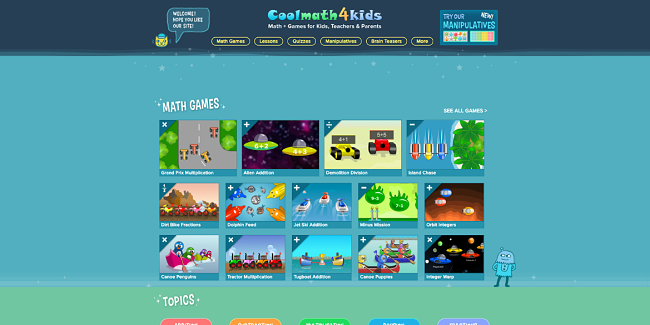
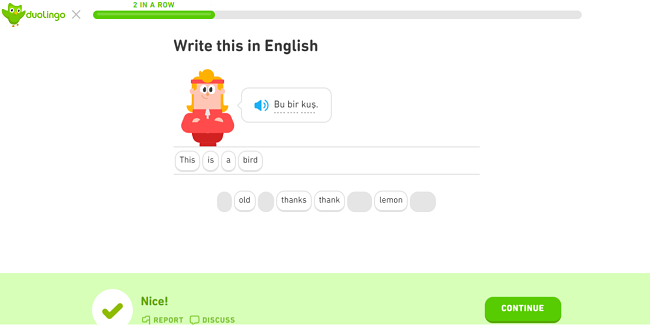
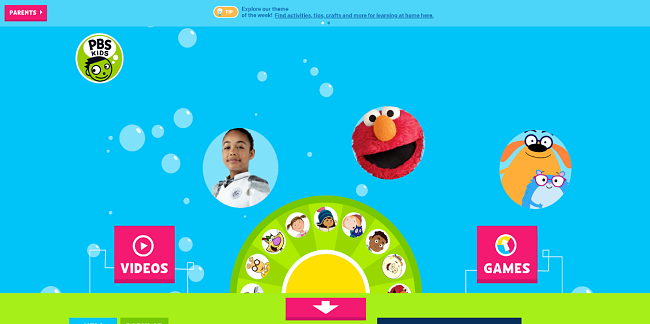


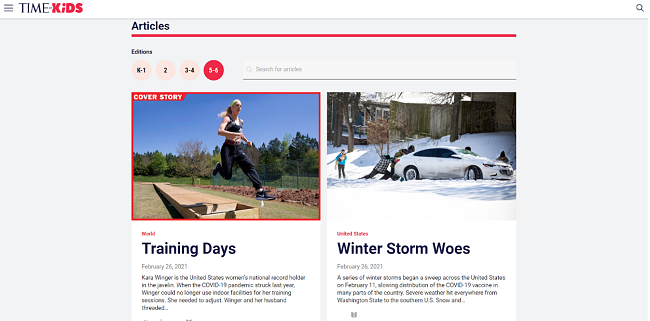
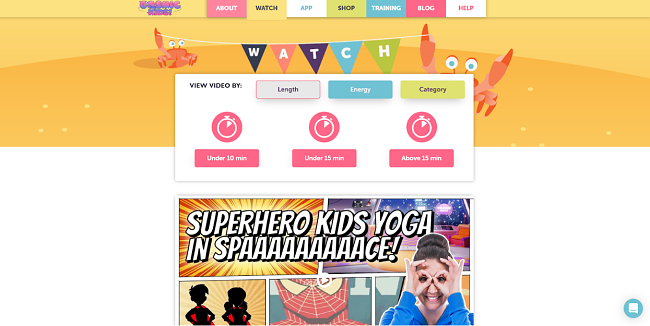
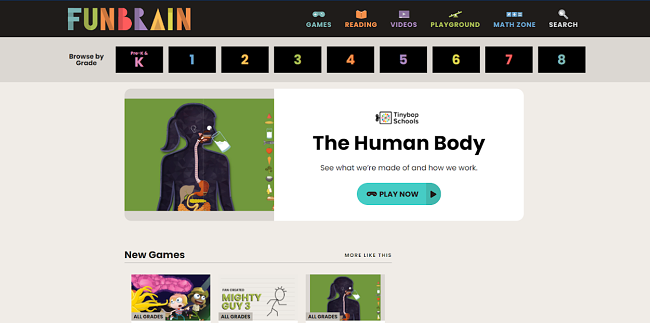
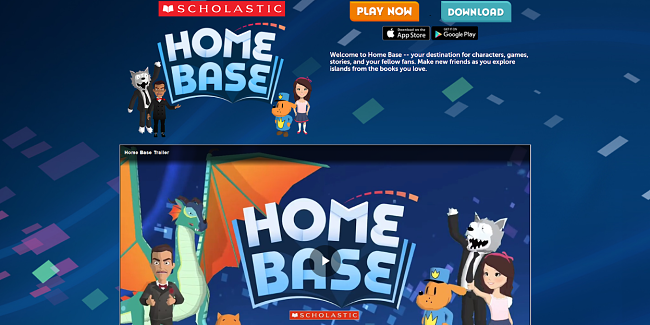
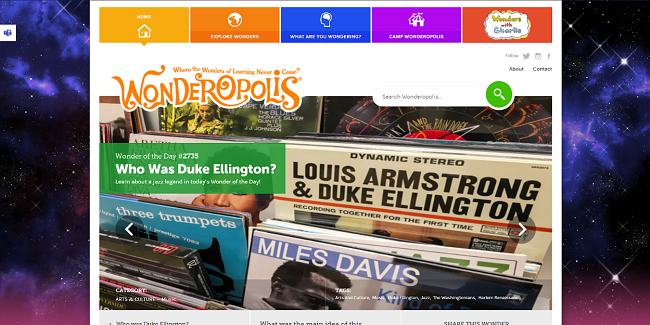


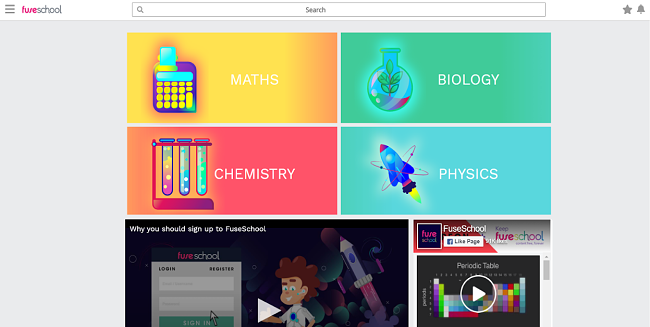
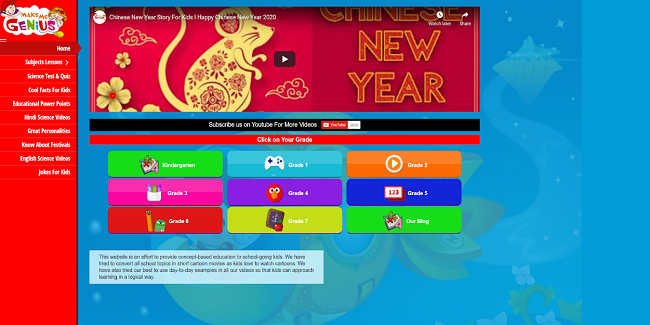


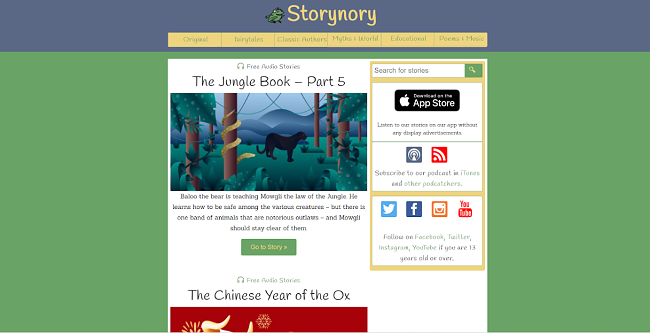
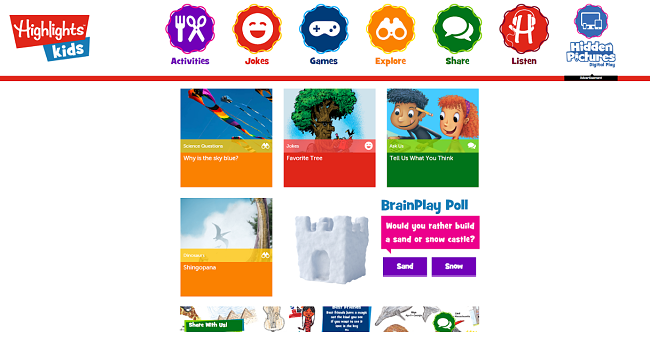
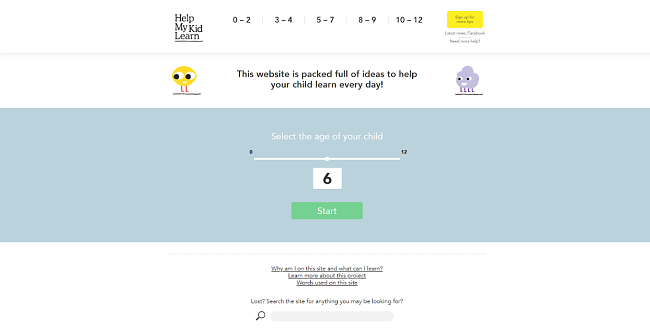
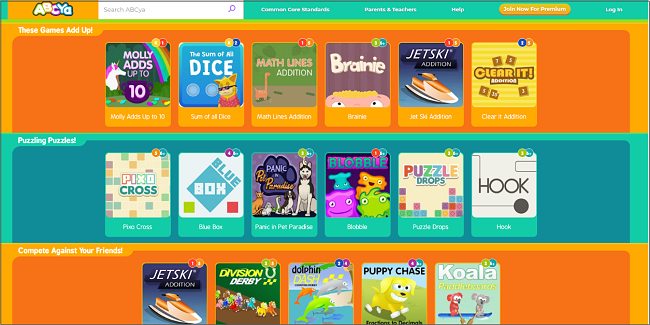
 Buckinghamshire Association of School Governors
Buckinghamshire Association of School Governors